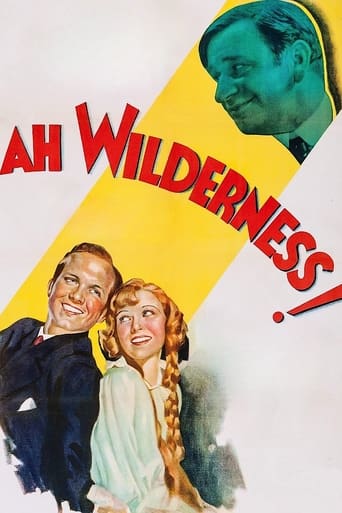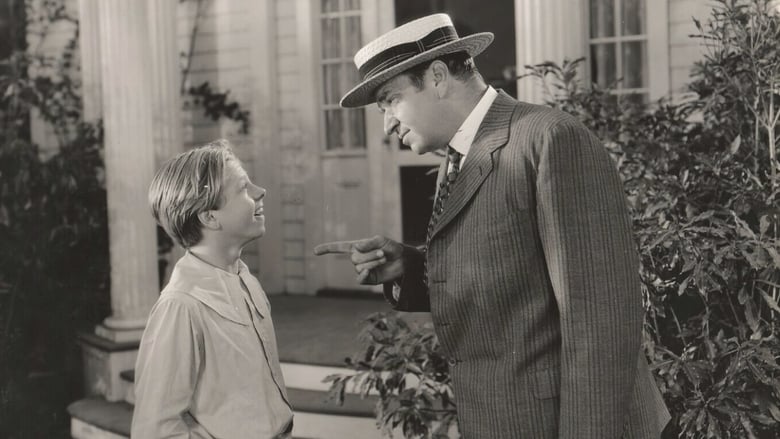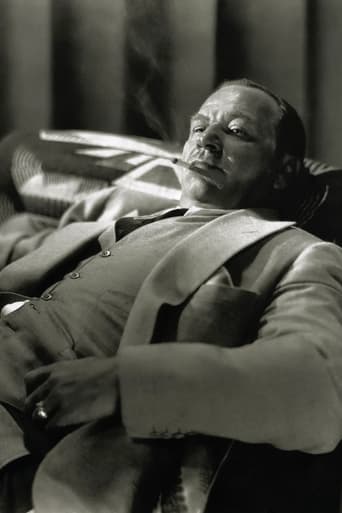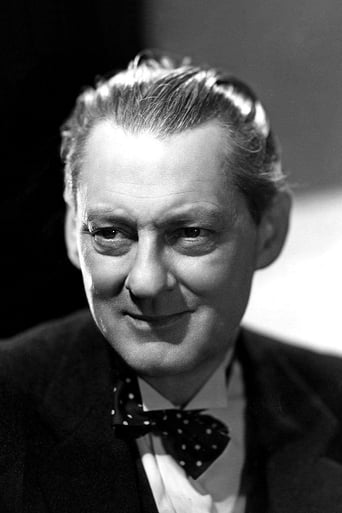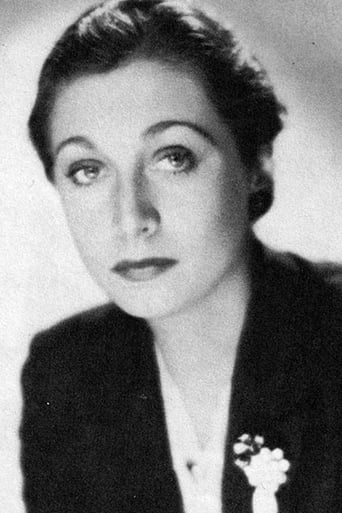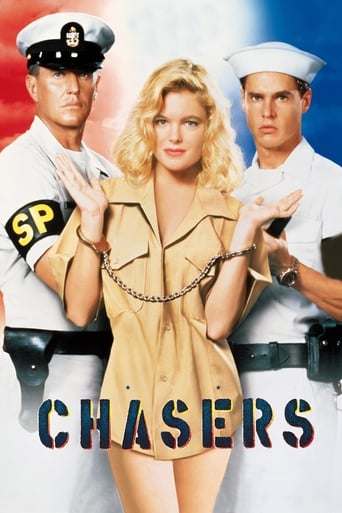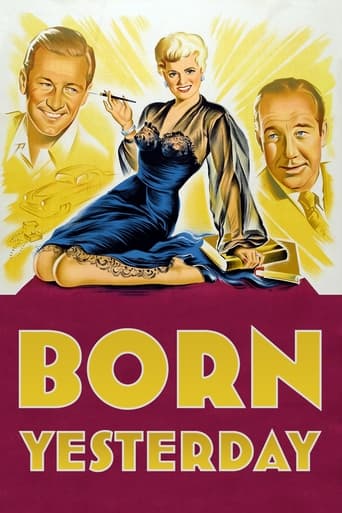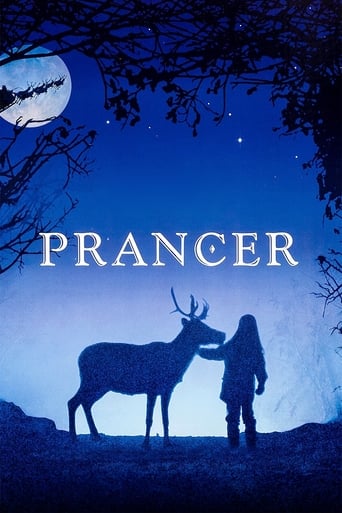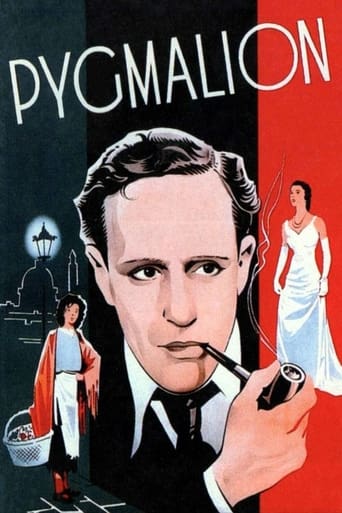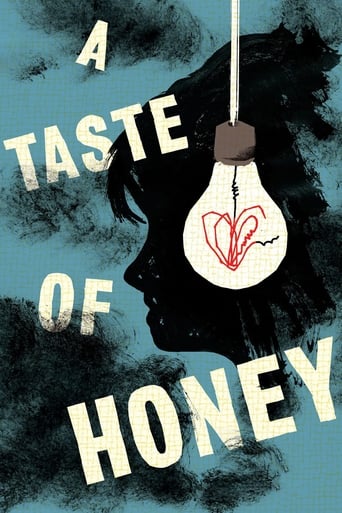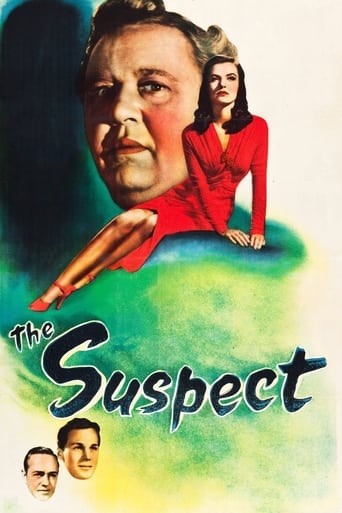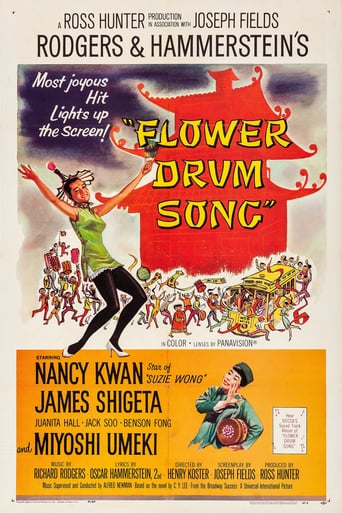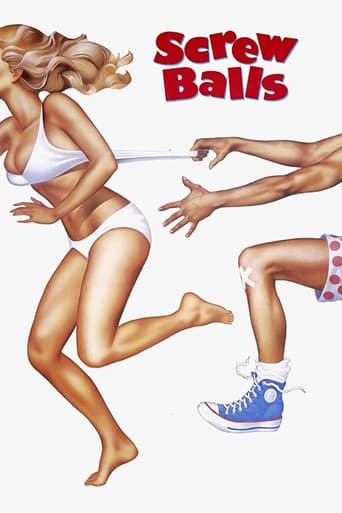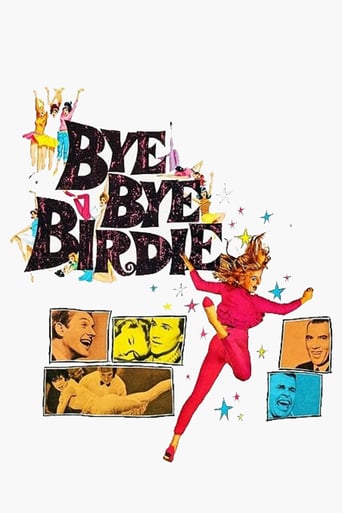Ah, Wilderness! (1935)
At the turn of the century, a young man graduates high school and realizes the joys and sorrows of growing up, with some loving help and guidance from his wise father. A tender, coming-of-age story, with a wonderful look at a long-gone, but fondly remembered, small town America.
Watch Trailer
Free Trial Channels
Cast


Similar titles
Reviews
The film was still a fun one that will make you laugh and have you leaving the theater feeling like you just stole something valuable and got away with it.
Clever and entertaining enough to recommend even to members of the 1%
Excellent and certainly provocative... If nothing else, the film is a real conversation starter.
A terrific literary drama and character piece that shows how the process of creating art can be seen differently by those doing it and those looking at it from the outside.
What a cast! What a movie! What a gem! Several reviewers discuss the fine roles and performances in this movie. It's a slice of small town America in the early 20th century. It's the only comedy by American playwright Eugene O'Neill. The play was a huge success, and so was this film. MGM promoted it like mad for the Oscars, but it didn't even receive a single Academy Award nomination. The cast is a fine mixture of prominent actors of the day and some young performers whose careers were just beginning. This film is adapted from O'Neill's play, "Ah, Wilderness: A Comedy of Recollection in Three Acts," that debuted Oct. 2, 1933, at the Guild Theater on Broadway. The story takes place on the Fourth of July, 1906. The place is New London or a similar town in Connecticut. The cast are mostly members of the Miller family and the story revolves around the middle son. Richard, who is 16 years old. Early writers often found inspiration for their works in classical literature. Some would use snippets from the tomes of time for phrases or titles of plays, stories or novels. O'Neill's title for this film came from Edward Fitzgerald's translation, "Rubaiyat of Omar Khayyam." Richard recites quatrain 12 as a favorite poem of his. It reads: "A Book of Verses underneath the Bough, A Jug of Wine, a Loaf of Bread-and Thou Beside me singing in the Wilderness- Oh, Wilderness were Paradise enow!"
Eugene O'Neill's gentle comedy about an American family living in a small town in 1906 shows us that our problems haven't changed, only the way we deal with them.The story centers on Richard (Eric Linden) as he's about to graduate from high school. His summer is spent courting Muriel (Cecelia Parker) and planning to go to Yale in the fall. But he's restless without knowing why. His older brother (Frank Albertson) treats him like a kid, and his father (Lionel Barrymore) is having business troubles. And then there's drunken Uncle Sid (Wallace Beery) who breezes in and out of the house.The mother (Spring Byington) is busy with the younger children (Mickey Rooney, Bonita Granville) and the spinster aunt (Aline MacMahon). Feeling alienated and alone, Richard goes to town with a friend (Edward Nugent) and gets mixed up with a woman from another city (Helen Flint) who's passing through town. Richard has his rite of passage and learns something important about himself.Linden is excellent as the callow youth caught between adolescence and adulthood. His bravado shows itself in spouting poetry and speeches from plays. He's all talk. Beery gets top billing because of his box-office pull but plays a supporting role here. He's quite good as the boozy uncle who's sort of courting MacMahon (always good). Barrymore, Byington, Granville, Rooney, and Parker are solid.But it's Helen Flint as Belle who nearly steals the film as the fast-talking city woman. She's excellent.
Beautifully directed by Clarence Brown, the nearly perfect cast of this rare (but not quite *only*) O'Neill comedy shines from top to bottom even as one speculates the film this might have been had a Methodist minister not effectively murdered one of America's greatest entertainers over the minister's shallow objection to the depiction of a "fallen woman." He wrote to Will Rogers, who was touring in the George M. Cohan/Lionel Barrymore role of the father and slated to do this movie version, stating that he had had to leave the theatre with his daughter rather than expose her to such smut! Rogers prided himself on never doing "blue" material, and withdrew from the film in favor of that fatal trip to Alaska with Wiley Post; one suspects the unfortunate minister saw rather more than he liked of himself in Muriel's father, McComber, in the play, and that was the true source of his offense.Starting with this film, many productions of AH, WILDERNESS! and the works based on it, like the Broadway musical TAKE ME ALONG, have top-billed the showier role of "Sid" (Wallace Beery) over the core role of the stabilizing force, the father (Lionel Barrymore), whose relationship with his son (Eric Linden) the play turns around. One wonders if it would have been that way had Rogers ignored blue nose objections and made the film, but it is hard to imagine a better performance than Barrymore gives in the role.While recognizing the vast difference between the usual depth of O'Neill dramas and this warm remembrance of an idealized youth O'Neill might have imagined wanting in middle class Connecticut at the start of the 20th Century, students of the playwright must view this play (and film) next to his more obviously autobiographical masterpieces A LONG DAY'S JOURNEY... , MOON FOR THE MISBEGOTTEN and the sea plays (filmed collectively as THE LONG VOYAGE HOME) for a complete understanding of the author.The greatest regret in the film is the fresh, forceful performance from Eric Linden as Richard - the boy on the verge of manhood, struggling with the same essential sexual/social issues every young man struggles with, even if they may seem "quaint" and even shallow in this period telling (we only imagine it's somehow different because of the period specifics). It's a fine performance and one wonders what happened to the actor. He lived on to age 85, only passing in 1994, but never made the transition to "adult" leads and after the minor role of an Amputee in the 1939 blockbuster, GONE WITH THE WIND, only made one more minor film during WWII, and called it a career.Nevertheless, glory in superb work from a balanced cast that showcases Spring Byington as the Mother, the wonderful character actress Aline MacMahon as Sid's love interest, Lily (seek her out as the Nurse in the superb "Play of the Week" filming of Judith Anderson in MEDEA in 1959 or as Ida in Judy Garland's final film, I COULD GO ON SINGING from 1963!) and Mickey Rooney as the almost too energetic younger brother Tommy.Yes, Wallace Beery breaks Lily's heart (and ours) with his drunk scene played for laughs, but O'Neill knows whereof he's writing, and gives us a depth and subtext to these scenes which most comedies of the period or later "comedy drunk scenes" couldn't imagine, and lets us understand the deeper meaning even while we permit ourselves to smile at Beery & O'Neill's craft.A last point to be made in appreciating this terrific production: made in "glorious black & white" (as the VHS release calls it), the studio set designers and director Brown took full advantage of the more detailed visual vocabulary monochrome offered and give us so detailed a portrait of the world the play is set in you could teach a master class on the style and technology of the period just from the beautifully observed physical portrait in this film.Allow yourself a ninety eight minute excursion back to the turn of the last century - this is a trip to what was not quite the cultural wilderness some of us might suppose that you'll never regret taking.
I found this mildly engrossing, if a tad dated and a bit of a period piece. Certainly it's always worth watching Lionel Barrymore. But the thing I found interesting - almost disturbing, really - is the change in attitude toward alcoholism since the time this play was written. Even though Wallace Beery's character is clearly struggling with alcoholism, the scenes in which he falls off the wagon are played for straight-out laughs. The dinner scene, in particular, in which everyone at the table finds his drunkenly boorish behavior amusing, is almost painful to watch in light of how we view this affliction today.

